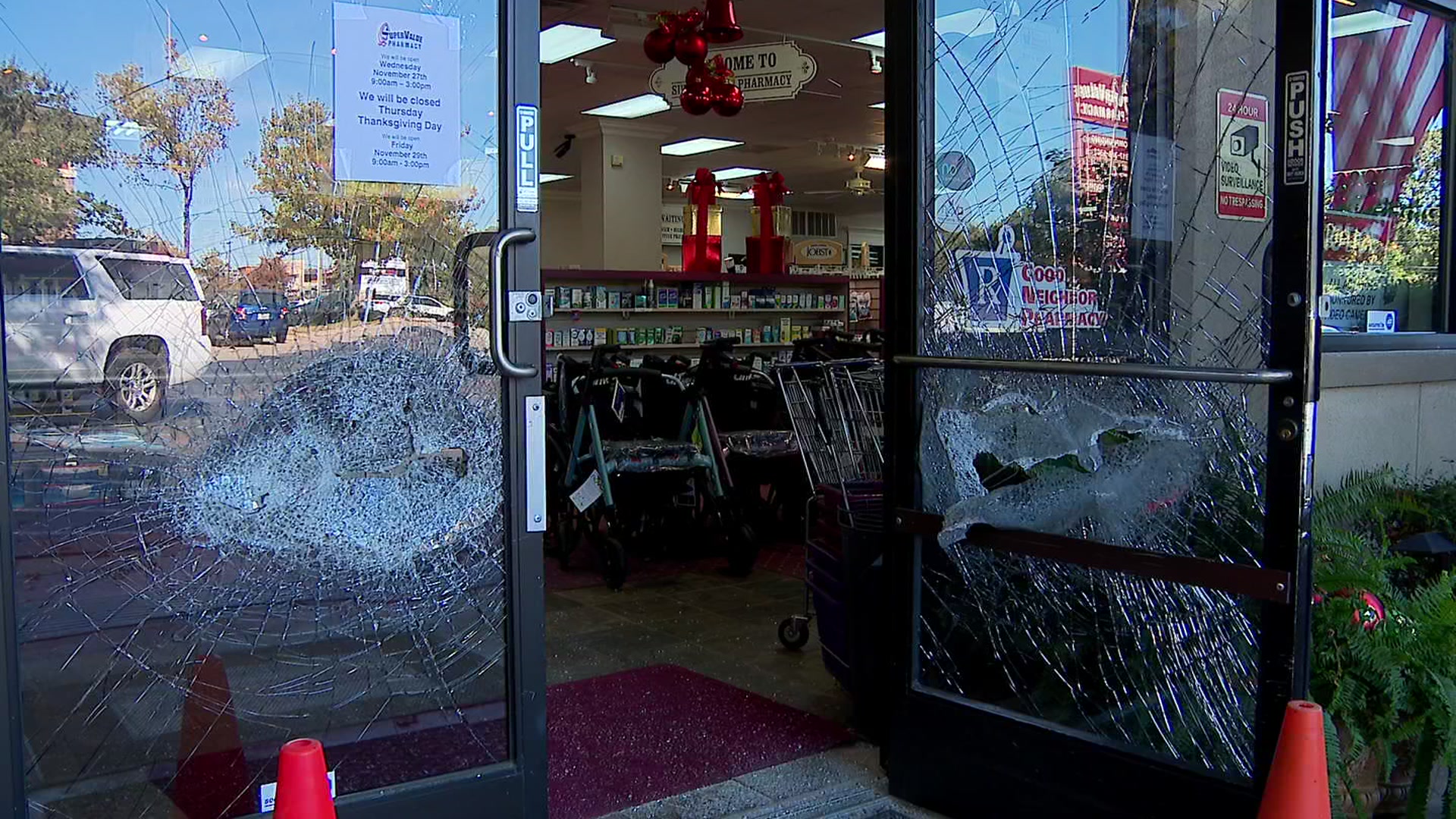
A former University of Houston basketball star who was found dead at an Arlington home in August died of an accidental fentanyl overdose, the medical examiner said.
An autopsy by the Tarrant County Examiner's Office revealed that 23-year-old Reginald "Reggie" Chaney’s cause of death was, in fact, fentanyl toxicity.
According to the Arlington Police Department, officers received a call around noon on Monday, August 21, after a family friend found Chaney unresponsive in a bedroom.
When authorities and paramedics arrived at the home, Chaney was pronounced dead. The police department stated that Chaney stayed with a family friend for a few weeks before leaving abroad to begin his professional career.
Get top local stories in DFW delivered to you every morning. Sign up for NBC DFW's News Headlines newsletter.
UH's head men’s basketball coach Kelvin Sampson confirmed on X, formerly known as Twitter that Chaney was a part of the team.
Arlington PD told NBC 5 that it did not suspect any foul play in connection with Chaney's death.
Local
The latest news from around North Texas.
WHAT IS FENTANYL?
Fentanyl is a synthetic opioid that is 50 times more potent than heroin and 100 times more potent than morphine. Just two milligrams of fentanyl, which is equal to 10-15 grains of table salt, is considered a lethal dose.
Without laboratory testing, there is no way to know how much fentanyl is concentrated in a pill or powder. If you encounter fentanyl in any form, do not handle it and call 911 immediately.
Fentanyl remains the deadliest drug threat facing this country. According to the Centers for Disease Control and Prevention, 107,622 Americans died of drug overdoses in 2021, with 66% of those deaths related to synthetic opioids like fentanyl.
Drug poisonings are the leading killer of Americans between the ages of 18 and 45. Fentanyl available in the United States is primarily supplied by two criminal drug networks, the Sinaloa Cartel and the Jalisco New Generation Cartel (CJNG).



